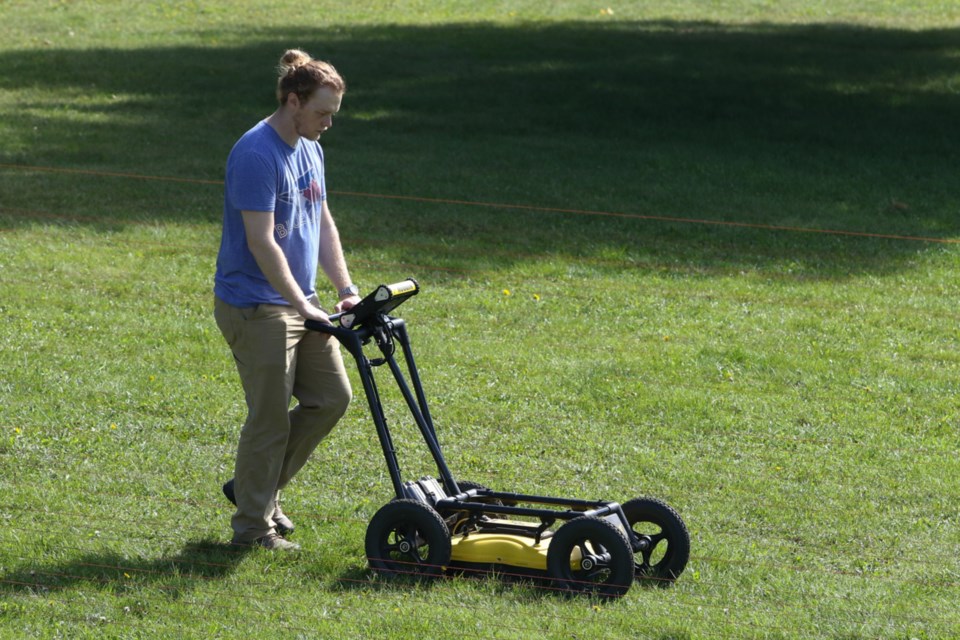The Children of Shingwauk Alumni Association (CSAA) is being provided with $200,000 by the Ontario government to assist the survivor-led group in its ongoing search for unmarked burials at the former Shingwauk Residential School site.
The group will work with Algoma University and Shingwauk Residential Schools Centre to develop and implement an engagement strategy for the 85 Indigenous communities impacted by the residential school that operated in Sault Ste. Marie from 1874 to 1970.
According to a news release from the province, the work will focus on the “development and implementation of cultural and communications protocols that will help guide the ongoing activities being undertaken by Children of Shingwauk.”
“This support from the Ontario government helps ensure that the Children of Shingwauk Alumni Association has the necessary supports to help guide the work being done at the previous Shingwauk Residential School site in accordance with both wise practices and the wishes of the Survivor community,” said CSAA president Irene Barbeau via news release. “This work will take quite some time, and we look forward to working with all of the impacted communities to ensure the work happens in a good way.”
In November 2021, the province announced an additional $10 million, on top of its initial $10 million commitment announced earlier that year, in order to support the identification, investigation, protection and commemoration of residential school burials across the province.
“Our government knows that the process of identifying, investigating, protecting, and commemorating Indian Residential School burials, including at the site of the former Shingwauk Residential School, will take a significant amount of time, care, and sensitivity,” said Indigenous Affairs Minister Greg Rickford in the news release. “Above all, we must ensure this work is Indigenous-led and conducted in accordance with the wishes of survivors, affected families and communities in a manner that honours both the survivors and the children that did not make it home.”
A National Residential School Crisis Line is available to provide support to former residential school students. Emotional and crisis referral services can be accessed by calling the 24-hour national crisis line at 1-866-925-4419. There is also the Hope for Wellness Help Line at 1-855-242-3310, which includes an online chat function through its website.
